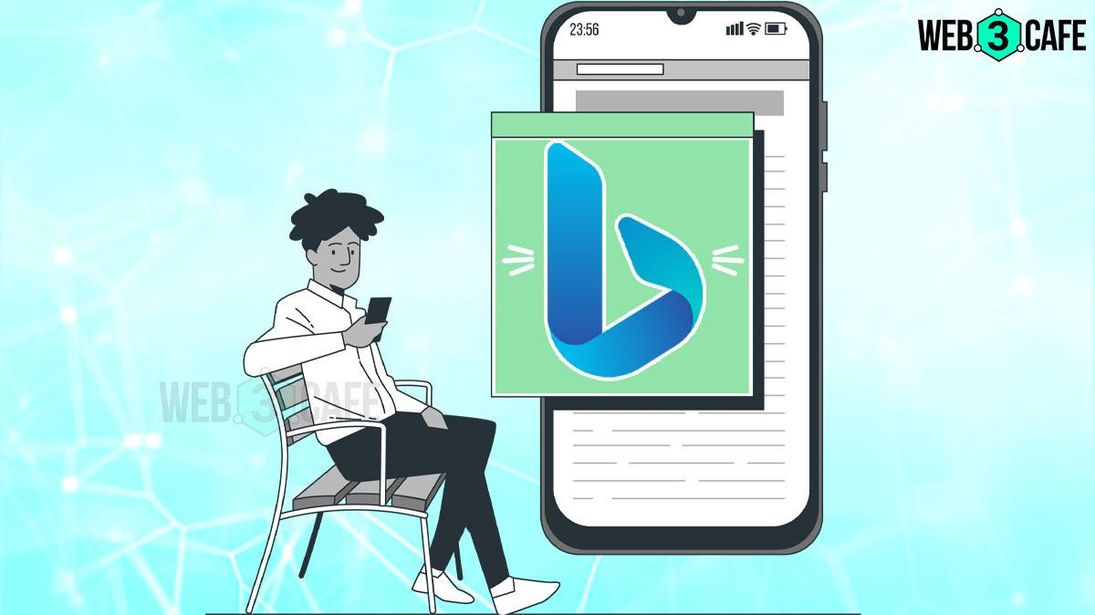Microsoft rolls out AI-powered Bing chatbot to mobile browsers apart from Edge
Microsoft recently announced the introduction of Bing chatbot to third party browsers, celebrating six months of the generative AI tool’s availability.
 artificial intelligence
artificial intelligence
Highlights
- Over 1 billion chats have been supported by Bing Chat to date
- The AI-powered Bing Chat has also gained a number of additional features
- Users of Safari and Chrome can soon use Bing AI Chat
On Monday, Microsoft said it will ‘soon’ roll out Bing Chat for third-party web and mobile browsers. Users of Safari and Chrome can therefore soon use Bing AI Chat. To note, Microsoft announced in late July that Bing Chat, which resembles ChatGPT, was being trialed by a small number of users on third-party browsers including Chrome and Safari.
“This next step in the journey allows Bing to showcase the incredible value of summarized answers, image creation, and more, to a broader array of people,” says the Bing team in a blog post. “You’ll get most of the great benefits of Bing and we’ll continue to optimise along the way to meet your needs across different browsers,” it read.
Bing Chat attract users from all over
The statement was made as part of a Microsoft Bing blog post commemorating the availability of the generative AI tool for six months. Over 1 billion chats have been supported by Bing Chat to date, while the DALL.E-powered Bing picture generator has processed 750 million photos.
Microsoft hopes to attract more users from both the desktop and mobile ecosystems by eliminating the requirement for users to install a specific browser in order to access these AI-services.
As part of its six-month anniversary, the brand-new AI-powered Bing Chat has also gained a number of additional features. This adds an improved Bing Chat that supports lengthier conversations and chat history. In order to save energy and make it easier on users' eyes, Microsoft is now launching a dark option for Bing Chat and Bing Chat Enterprise on desktop and mobile.
Microsoft launches additions to Bing Chat
Moreover, now that it enables multimodal visual search in conversations, users may ask the chatbot questions about photos to interact with it. For instance, users may post a photo of the Roman Colosseum and ask for additional information about it, or they could upload a photo of a fridge and get ideas for breakfast.
The Bing AI for companies has also advanced. The AI engine can now offer citations, verifiable responses, and improved commercial data protection, adding privacy and protecting intellectual property.
By working with OpenAI and incorporating artificial intelligence into a number of its products, including the Edge web browser, Azure cloud services, and the Office suite, Microsoft put itself ahead in the race for AI innovations.
As of now, the tech giant wants to further democratise AI-powered chatbots on desktop and mobile platforms by extending these capabilities to third-party web browsers.


COMMENTS 0